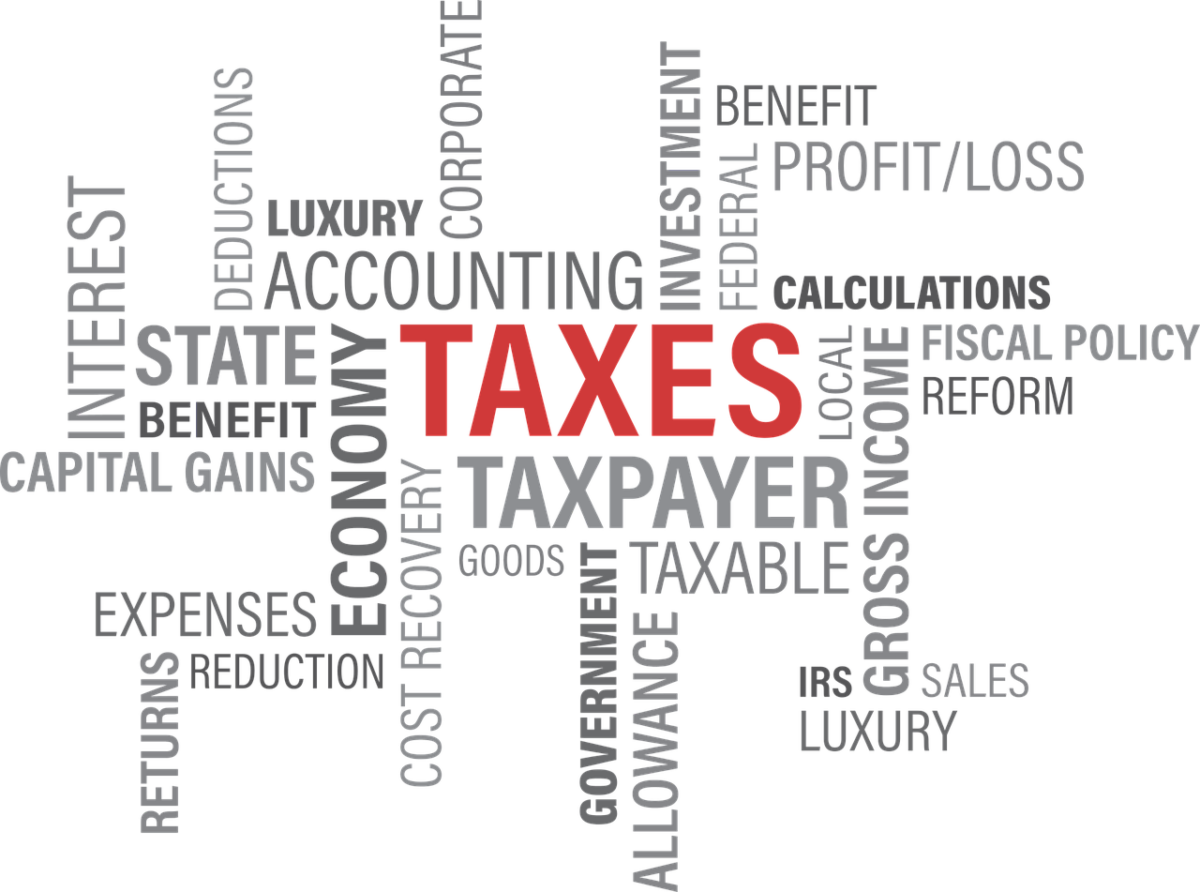For freelancers and independent contractors, managing finances goes beyond earning a living—it’s about optimizing every aspect of their financial picture. One powerful tool in this pursuit is maximizing deductions. In this comprehensive guide, we’ll explore the world of deductions, shedding light on commonly overlooked expenses and providing valuable tips for freelancers and independent contractors looking to optimize their tax returns.
- Home Office Deduction: Turning Your Space into Savings
Many freelancers and independent contractors operate from home, making the home office deduction a valuable opportunity. Deductible expenses may include a portion of your rent or mortgage, utilities, and even home maintenance costs. To qualify, ensure that you have a dedicated space used exclusively for work and calculate the square footage dedicated to your business activities.
- Business Expenses: The Backbone of Deductions
Every business incurs operational expenses, and freelancers are no exception. Deductible business expenses may include supplies, software, equipment, and even professional development courses relevant to your work. Keep meticulous records and receipts to substantiate these expenses, and you’ll find that they can significantly reduce your taxable income.
- Travel Expenses: Turning Work Trips into Deductions
If your work involves travel, those expenses can often be deducted. This includes transportation costs, lodging, meals, and even tips. Whether you’re attending a client meeting or a professional conference, keeping track of travel-related expenses can translate into substantial deductions when tax season arrives.
- Health Insurance Premiums: A Personal and Professional Benefit
Freelancers and independent contractors are typically responsible for their health insurance. The good news is that health insurance premiums are often deductible, reducing your taxable income. This deduction extends to medical expenses, including co-pays and prescription costs, providing a dual benefit—both personal and professional.
- Retirement Contributions: Building for the Future with Tax Benefits
Contributing to a retirement account not only secures your financial future but can also offer tax benefits. Whether it’s a Simplified Employee Pension (SEP) IRA, a Solo 401(k), or another retirement plan suitable for your situation, contributions are generally deductible. Plan strategically to maximize contributions and capitalize on these tax advantages.
- Self-Employment Tax Deduction: Easing the Burden
Freelancers and independent contractors are subject to self-employment tax, covering Social Security and Medicare contributions. The silver lining is that a portion of this tax is deductible. By carefully calculating and applying the self-employment tax deduction, you can ease the financial burden associated with this mandatory contribution.
- Professional Services and Subscriptions: Investment in Expertise
If you hire professionals for services related to your business or maintain subscriptions for industry-related publications, these expenses are typically deductible. Whether it’s hiring an accountant, a graphic designer, or subscribing to a specialized platform, these investments in expertise can be leveraged to reduce your taxable income.
- Education and Training: Deducting the Cost of Growth
Freelancers and independent contractors often invest in ongoing education and training to stay competitive. Fortunately, these expenses are generally deductible. Whether you’re attending workshops, taking online courses, or participating in industry conferences, the costs associated with enhancing your skills and knowledge can be valuable deductions.
In conclusion, maximizing deductions is a powerful tool for freelancers and independent contractors seeking to optimize their tax returns. By understanding the breadth of deductible expenses, from home office deductions to professional services and beyond, you can significantly reduce your taxable income. Keep meticulous records, stay informed about tax regulations, and consider consulting with a tax professional to ensure you’re capitalizing on every available deduction. Empower your financial journey by harnessing the full potential of deductions and setting the stage for a more prosperous and financially savvy future.
At Peavy and Associates PC our mission is to assist you with all your tax preparations, payroll and accounting needs. We provide our clients with professional, personalized accounting services and guidance in a wide range of financial and business needs. Give us a call today (843) 347-0849 and discover why our clients return to Peavy and Associates, PC year after year!










